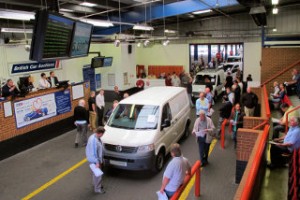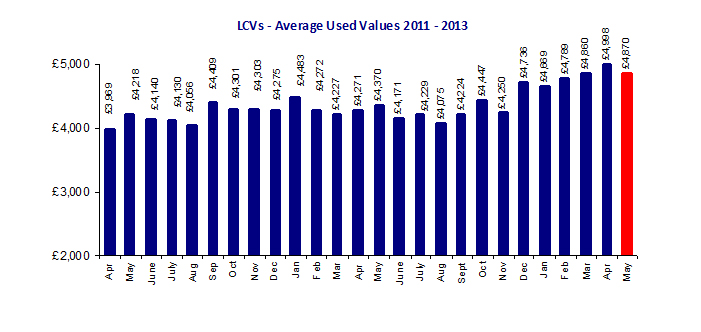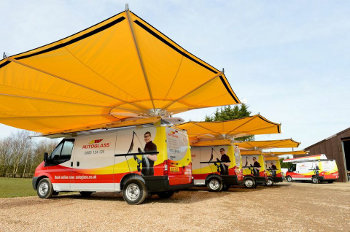
The Autoglass Vanbrella allows chip repair and windscreen replacement jobs to be performed outdoors in wet conditions.
Autumn is here, and while the temperatures have remained unseasonably mild, there’s been a marked increase in the quantity of wet stuff falling out of the sky.
Heavy rain, of course, is the enemy of the mobile windscreen fitter, who cannot fix chips or replace windscreens if its pouring and your car or van isn’t under cover — unlikely, when fittings are often done at the roadside or in workplace car parks, for example.
Autoglass has managed to reduce this problem with an impressive-looking piece of kit known as the ‘Vanbrella’, which is something like a standard roll-out awning on steroids, as you can see from the picture on the right!
According to Autoglass, it rains for approximately 145 days of the year in the UK, so the company’s mobile repair team — who perform 90% of the work done by the firm — often cannot rely on the skies staying dry for the 30-60 minutes they need to complete a chip repair or to allow a replacement windscreen to bond successfully.
Having used Autoglass’ mobile service when my van’s windscreen needed replacing after a 60mph incident with a pheasant, I know that the service is fast and efficient, but the technicians do still need a guaranteed ‘dry’ period for a job to be performed successfully. I’d imagine the usefulness of the Vanbrella is limited in windy conditions, but other than that it seems a seriously good piece of kit.
The Vanbrella was designed and patented by the in-house technical research department at Autoglass, and will be fitted to 400 vans by the end of this year.

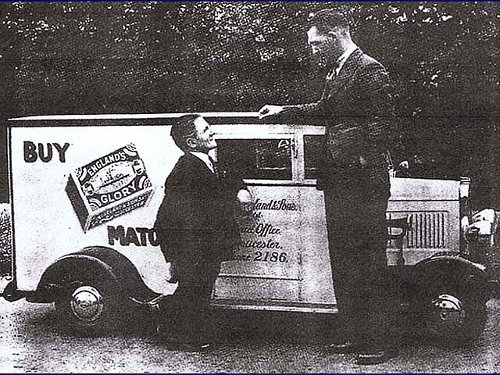
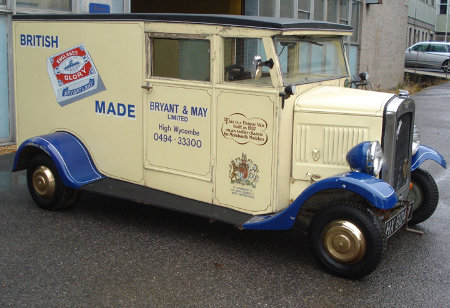
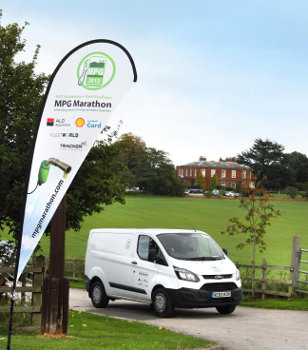
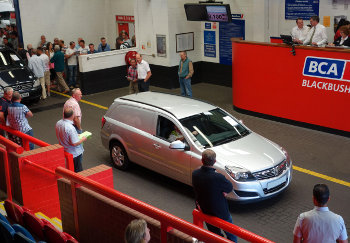 Used van values fell in May and June and
Used van values fell in May and June and 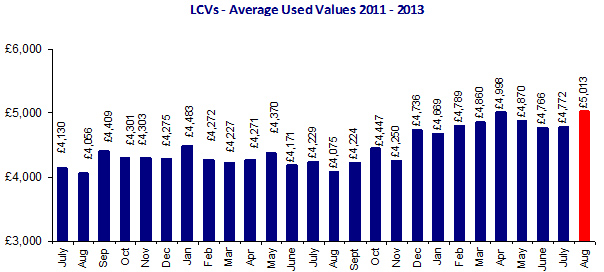
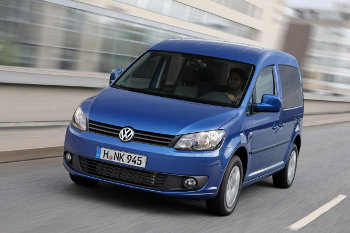
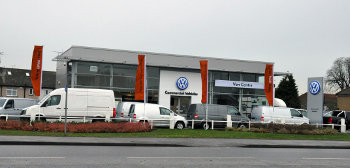 Volkswagen Commercial Vehicles has launched a national scheme that gives customers a wider choice when buying a used vehicle.
Volkswagen Commercial Vehicles has launched a national scheme that gives customers a wider choice when buying a used vehicle.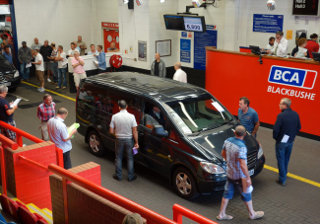 Used van values remained largely flat in July, compared to June, according to the latest figures from auction specialists BCA.
Used van values remained largely flat in July, compared to June, according to the latest figures from auction specialists BCA.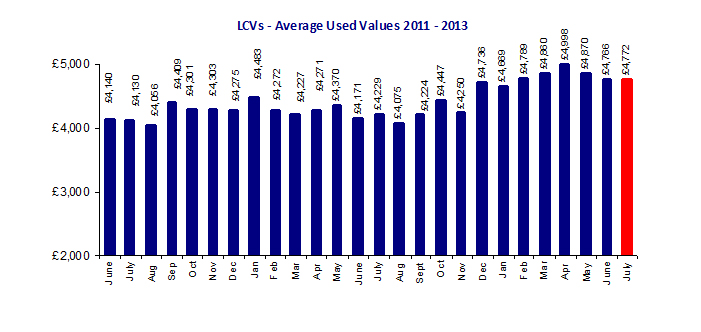

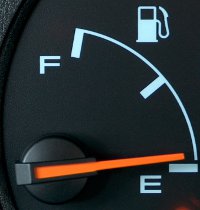 In the latest edition of the
In the latest edition of the 